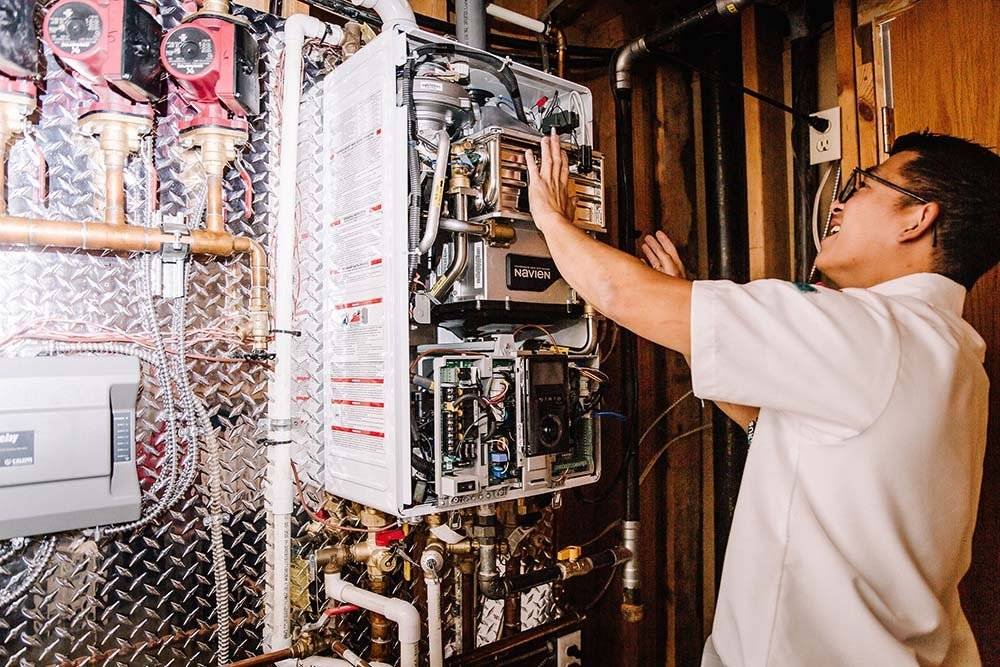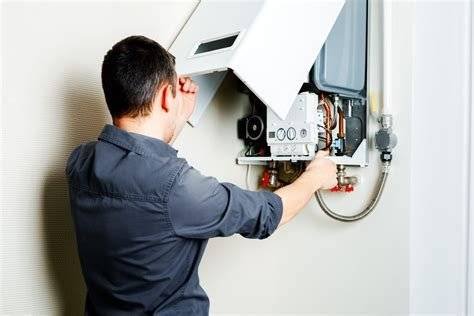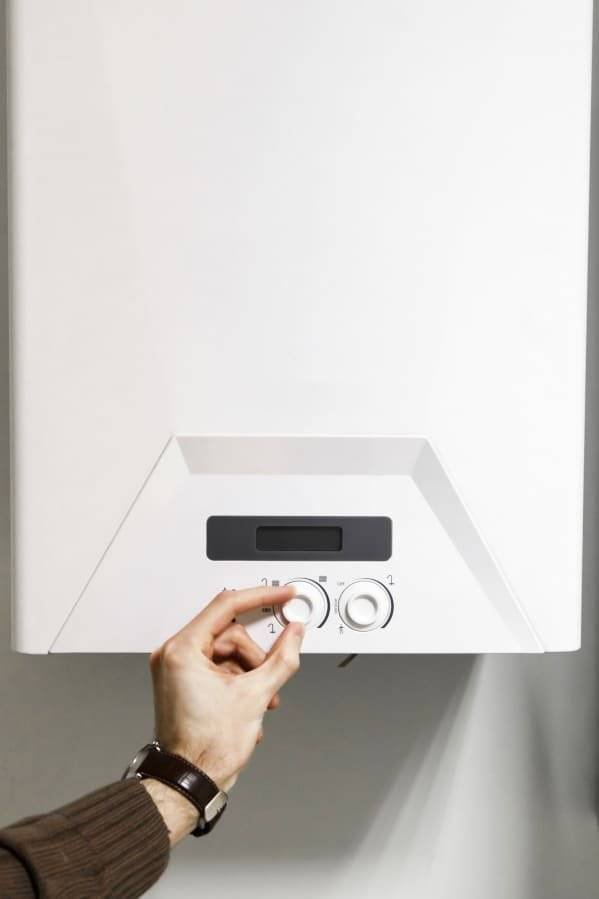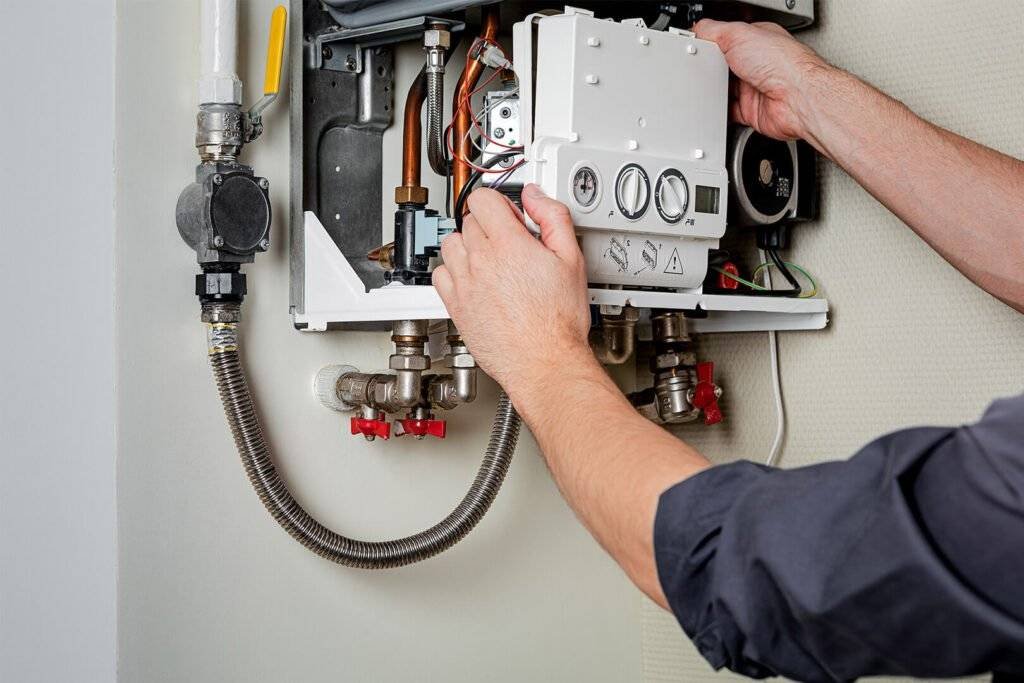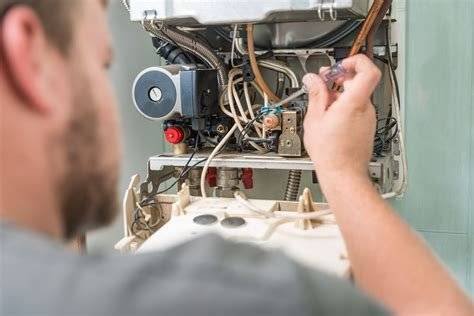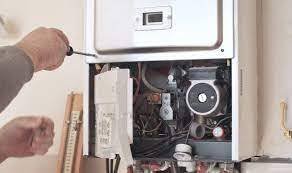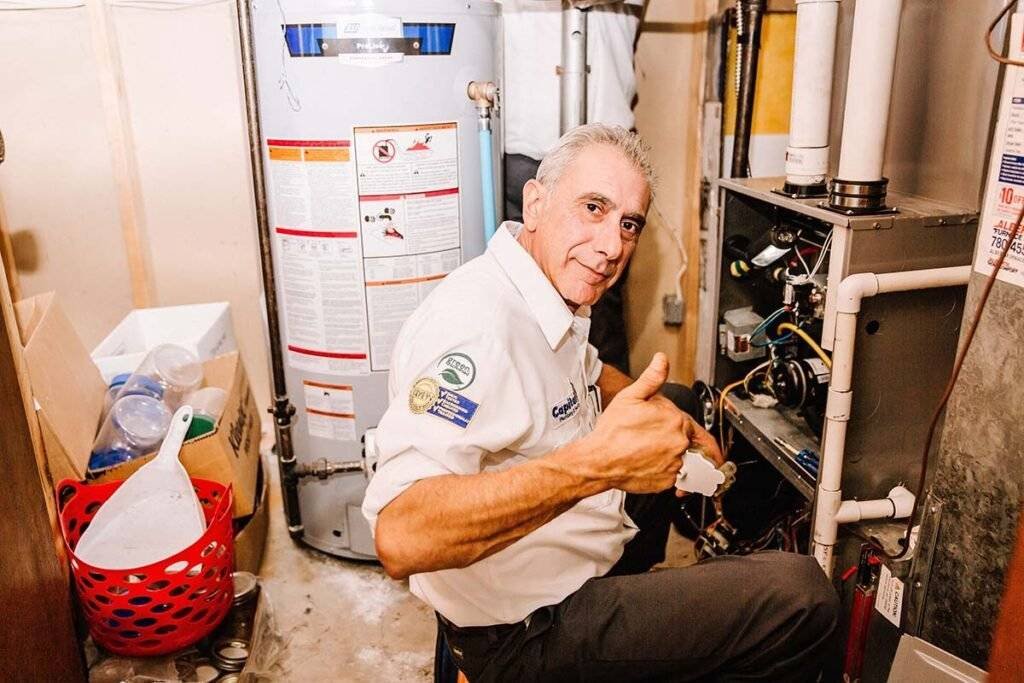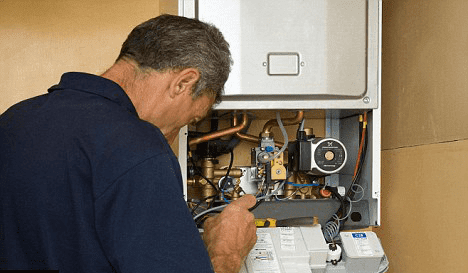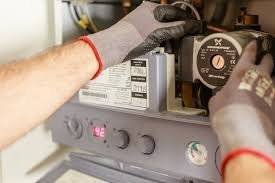Furnace Installation Kavanagh - Your Trusted Heating Professionals
Furnace Pros Plus is your reputable partner for all your heating requires. With years of experience, we concentrate on providing first-class heating services to keep your home warm and comfortable. Our group of proficient professionals devote themselves to offering specialist heater installation, maintenance, and repair work services. We comprehend the significance of a properly working heating system, particularly during the colder months. We prioritize performance, price, and customer fulfillment in every job (huge or little). Whether you require a new heater, a routine check-up, or emergency repair work, depend on Furnace Pros Plus for dependable and efficient heating services that guarantee peace of mind and comfort.
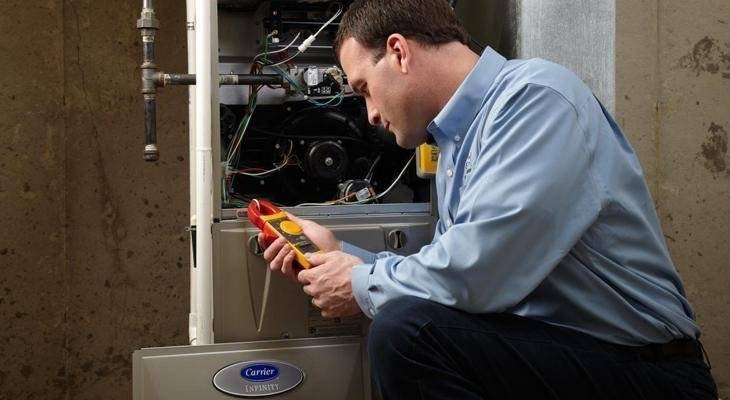
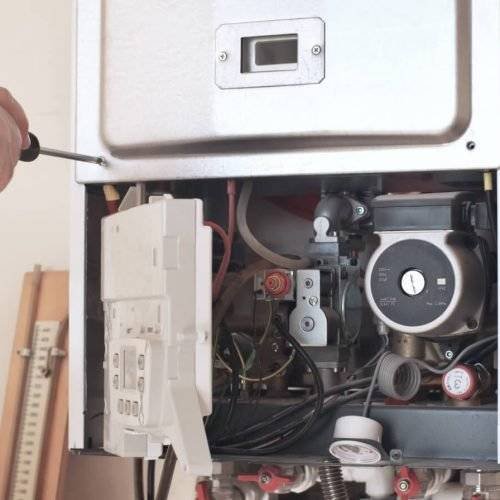
Who Are We?
Domestic Furnace Installations and Repairs
Furnace Pros Plus stands out as the premier heater installation and repair work contractor in Kavanagh, Alberta, thanks to its unrivaled commitment to quality, customer service, and competence. With years of experience in the heating and cooling market, Furnace Pros Plus has built a reputation for providing reputable and efficient services tailored to the unique environment and requirements of Kavanagh locals.
The business’s commitment to quality begins with its group of qualified professionals. Each specialist is not just extremely experienced and knowledgeable about the latest heater innovations but likewise devoted to continuous training and advancement. This ensures that every installation or repair work is performed with the utmost precision and current methods, ensuring exceptional performance and durability of your heating system.
Furnace Pros Plus comprehends the significance of a well-functioning heater, particularly during the severe Kavanagh winter seasons. That’s why they provide a quick response to guarantee that any heater emergency is dealt with promptly and effectively, lessening discomfort and possible risks. Their 24/7 availability is a testimony to their commitment to customer fulfillment and security.
Moreover, Furnace Pros Plus utilizes just the highest quality items and materials in all their setups and repair work. By partnering with leading makers, they guarantee that every component of your heating system is durable and efficient, offering optimum heating and decreasing energy costs. This commitment to quality, extends the life of the heater, offering more worth for the investment.
In addition to their technical competence, Furnace Pros Plus masters customer service. They prioritize clear interaction, offering comprehensive consultations and transparent rates without hidden charges. Their customized technique implies that every option is tailored to the specific requirements and budget plan of their clients, ensuring that you feel valued and pleased with every interaction.
For these reasons and more, Furnace Pros Plus is the top choice for anyone needing heater installation and repair work services in Kavanagh, demonstrating an unbeatable mix of quality, competence, and customer-focused service.
How can we help you?
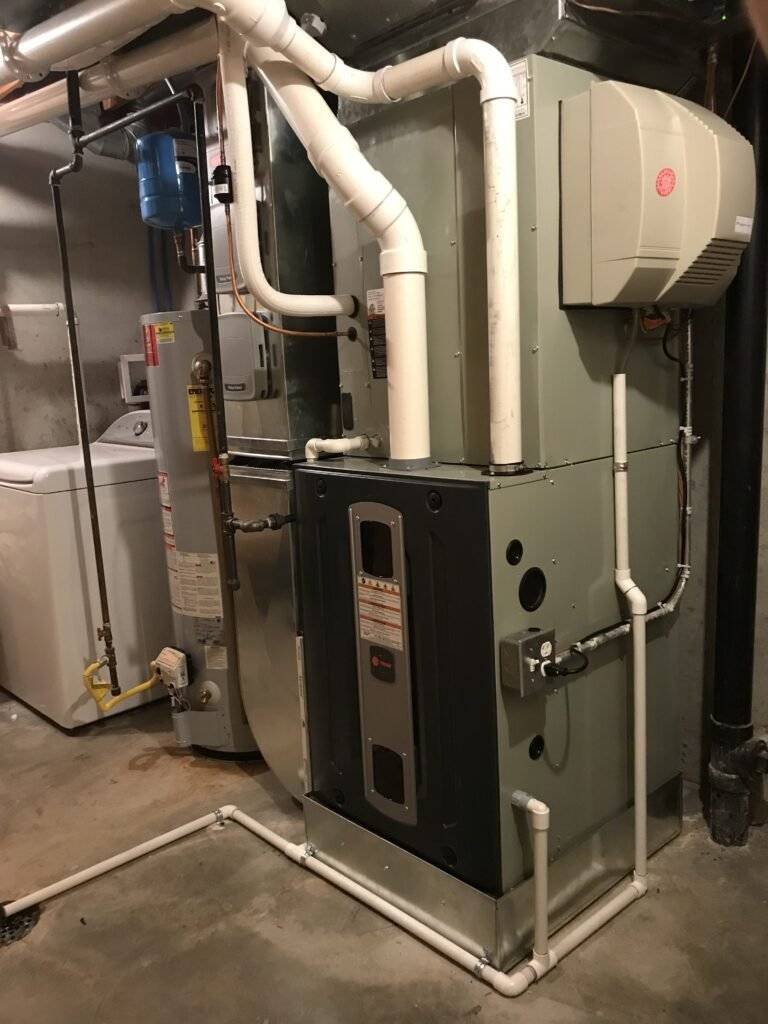
Comprehending the Cost of Installing a Modern Furnace
Intro
An operating heater is vital when it pertains to maintaining a comfy and warm home during the colder months. However, there comes a time when installing a new heater is unavoidable.
Comprehending the costs associated with this procedure is crucial for house owners to strategy and budget plan appropriately. This detailed guide explores the numerous factors influencing the cost of installing a new heater.
Factors Influencing Heater Installation Costs
Type of Heater:
- Gas Heaters: Popular for their performance, they typically cost more upfront but provide lower operating expense.
- Electric Furnaces: They are more economical than gas heaters. However, electrical models tend to have higher functional costs due to electrical energy rates.
- Oil Furnaces: These are less common and can be more expensive due to the cost of oil.
Heater Size and Capability
- Square Footage: The size of your home directly affects the capacity required for the heater.
- BTU Ranking: Higher BTU rankings relate to more powerful heaters, which can increase the cost.
Performance Ratings
Annual Fuel Usage Performance (AFUE):
Higher AFUE rankings imply much better performance but likewise featured a higher cost.
Brand name and Quality
Top-tier brand names often command higher rates due to their track record for quality and durability.
Installation Intricacy
- Existing System: Upgrading from an old system might need extra work and cost.
- Ductwork: The condition and design of existing ductwork can affect installation complexity.
- Ease of access: Difficult access to the installation site can increase labour costs.
Labour Costs
Labour costs differ by area. In addition, the complexity of the installation can influence labour costs.
Extra Costs to Consider
- Permits: Some areas need permits for heater installation.
- Inspections: City laws might need post-installation examinations for security compliance.
- Thermostats: Upgrading to a clever thermostat can sustain extra costs.
Average Cost of Heater Replacement
While rates can differ extensively based on the factors mentioned above, here are some average cost ranges for heater installation:
- Gas Furnaces: $2,000 to $5,000.
- Electric Furnaces: $1,000 to $2,500.
- Oil Furnaces: $2,500 to $6,000.
These are rough price quotes and can differ based on specific home requirements.
Cost-Saving Tips.
Research and Compare.
Get numerous quotes from different contractors to guarantee competitive rates.
Seek Refunds and Rewards.
Try to find energy performance rebates provided by utility business or government programs.
Consider Long-Term Savings.
Investing in a more efficient heater can decrease energy bills with time.
Conclusion
Installing a new heater is a substantial investment, and comprehending the costs included is vital for any homeowner. By thinking about the type of heater, installation complexity, labour costs, and extra costs, house owners can much better prepare for this required upgrade. Keep in mind to look for numerous quotes, explore readily available rebates, and think about long-lasting energy cost savings when choosing.
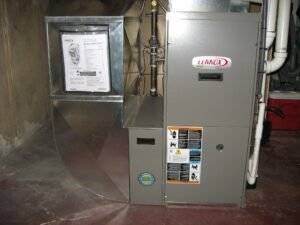
The Right Dimension Heater for Your Home: A Comprehensive Guide
Intro
Picking the right size heater for your home is crucial for ensuring efficient heating and comfort during the colder months. A heating system that’s too little will not keep your house warm, while one that’s too big can trigger unneeded energy consumption and unequal heating. This guide will assist you determine the perfect heater size for your home.
Comprehending Heater Sizing: BTU and Performance
We determine the size of a heater in British Thermal Units (BTU). One BTU is the energy required to raise the temperature of one pound of water by one degree Fahrenheit. When selecting a heater, 2 crucial factors contribute: the BTU ranking, showing the heater’s heating capacity, and its performance ranking, determined in Annual Fuel Usage Performance (AFUE).
Calculating Your Home’s Heating Needs
You must compute your home’s heating requires to determine the correct heater size. The estimation considers factors like square footage, environment zone, insulation quality, window type, and house design. Normally, you require roughly 30-60 BTUs per square foot. However, this differs based on your home’s specific attributes.
Environment Zone and Its Effect On Heater Size
Your geographic location considerably affects the heater size needed. Homes in colder areas, such as Kavanagh, need more BTUs per square foot than those in milder environments. Consult a heating expert for specific suggestions.
The Function of Home Insulation in Heater Sizing
Great insulation lowers the amount of heat loss, implying you can select a smaller sized heater. Evaluate your home’s insulation in the walls, attic, and windows. Upgrading insulation can be an affordable method to reduce heating requirements.
Factors To Consider for Different Types of Heaters
There are numerous kinds of heaters, like gas, electrical, and oil. Each type has unique sizing considerations. Gas heaters prevail and efficient, electrical heaters are more simple and safer but often more expensive to run, and contractors install oil heaters where natural gas isn’t readily available.
Value of Professional A/c Assessment
A professional HVAC assessment is vital. Specialists think about all variables, consisting of ductwork and home design, to suggest the optimum heater size. They can perform a Manual J estimation, the market standard for identifying heating and cooling loads.
Energy Performance and Cost-Effectiveness
Picking a heater with a high AFUE ranking is crucial for energy performance and cost savings. Modern heaters have AFUE rankings in between 80% and 98%, showing the portion of fuel converted into heating. While high-efficiency heaters are more expensive upfront, they can lead to significant cost savings in the long run.
Addressing Typical Misconceptions About Heater Sizing
A typical misunderstanding is that a bigger heater is constantly much better. However, a large heater can lead to short cycling, where the heater often switches on and off, decreasing performance and life-span. Alternatively, an undersized heater has a hard time to heat your home adequately.
Long-Term Benefits of the Right-Sized Heater
Choosing the right-sized heater has long-lasting advantages, consisting of constant comfort, lower energy bills, lowered carbon footprint, and less maintenance problems. It’s a balance in between upfront costs and long-lasting cost savings.
Summary: Making an Educated Decision
Picking the right size heater is a choice that affects your home’s comfort and energy performance for many years to come. By comprehending the essentials of heater sizing and seeking professional guidance, you can make an informed decision that ensures optimum heating for your home.
Keep in mind, the key to an effective and comfortable home depend on selecting the right heater and regular maintenance and thinking about other factors like insulation and environment. With this detailed guide, you are well-equipped to select the perfect heater for your home, offering heat and comfort for many winter seasons.
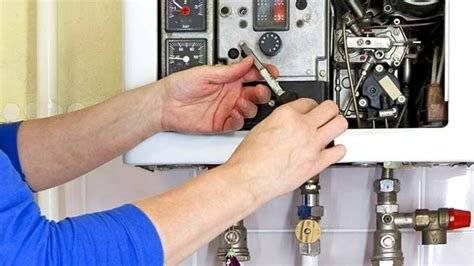
Replace vs Repair Heater: A Extensive Guide
Intro
Deciding whether to replace or fix your heater is a substantial decision for any homeowner. The choice affects your instant comfort and security and has long-lasting financial implications. This detailed guide will explore numerous aspects to think about, helping you make a notified decision.
Comprehending Your Heater
Life expectancy and Types
Furnaces typically have a life-span of 15-20 years. The two main types are gas and electrical, each with different maintenance and functional costs.
Signs of Difficulties
Typical indications that your heater might require attention consist of uncommon noises, irregular heating, and increased energy bills.
When to Consider Fixing Your Heater
Repair work is often the best choice for minor problems or heaters that are reasonably new and still under guarantee.
Cost-Effectiveness
Fixing can be more cost-effective for minor problems. However, regular repair work may indicate a much deeper issue.
Environmental Impact
Repairs often have a lower ecological effect than replacing the whole system.
When Replacement is the Very Best Alternative
You should think about replacement if your heater is near completion of its life-span, repair work are becoming increasingly expensive, or if it could be more energy efficient.
Long-term Cost Savings
While the initial cost is higher, a new heater can be more energy-efficient, conserving you money on energy bills.
Technological Developments
More recent models feature advanced technology, such as clever thermostats, which provide much better temperature control and performance.
Weighing Your Options
Cost Analysis
Compare the cost of repair work with time versus the one-time cost of a new heater.
Energy Performance
Evaluate how your existing heater’s performance is impacting your energy bills.
Home Worth
Think about how a new heater may increase the worth of your home, particularly if you plan to offer in the future.
Expert Suggestions
Seeking Professional Viewpoint
Seek advice from heating and cooling professionals to evaluate the state of your existing heater and get price quotes for repair work and replacement.
Value of Routine Upkeep
Routine maintenance can extend the life of your heater, whether you decide to fix or replace it.
Summary
In conclusion, choosing to fix or replace your heater depends upon numerous factors, consisting of age, condition, cost, and energy performance. By thinking about these factors and seeking professional guidance, you can make a decision that ensures comfort, security, and financial prudence for your home.
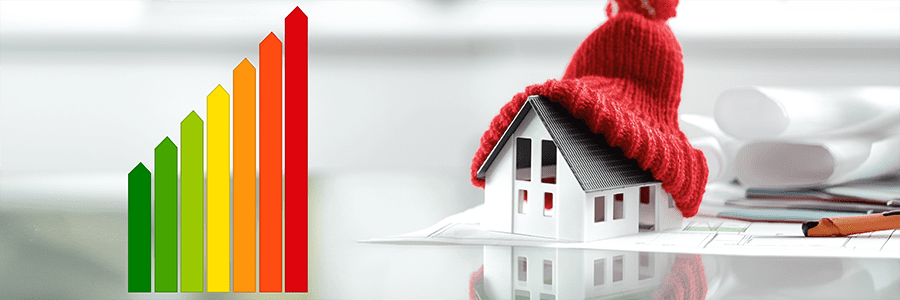
What Time of Year is the Most Inexpensive to Change The Heater?
Will a Modern Heater Reduce Your House Insurance?
Intro
Home maintenance can be a substantial investment, particularly when it includes crucial systems like heating. Among the most substantial costs house owners face is replacing their heater. However, timing this replacement can lead to significant cost savings. This post explores the best time of year to replace your heater, thinking about cost-effectiveness and usefulness.
Comprehending Heater Replacements
The Requirement for Replacement
Before diving into timing, it’s essential to comprehend why and when you should replace your heater. Typical indications consist of regular repair work, heating inefficiency, and the system’s age (normally beyond 15-20 years). Changing an out-of-date or malfunctioning heater improves heating performance and ensures security and comfort during colder months.
Factors Influencing Heater Prices
Numerous factors affect heater rates, consisting of the type of heater, brand, capacity, and the complexity of installation. Seasonal demand is another significant element, often ignored, yet it plays a crucial role in identifying the cost.
Best Time for Replacement: Off-Season
Why Choose Off-Season?
The off-season, primarily spring and early fall, is generally the most affordable to replace a heater. The demand for heater is lower during these durations than during the peak cold weather. Lower demand often causes more competitive rates from makers and installers.
Advantages of Off-Season Replacement
- Lower Costs: Decreased demand can lead to discount rates and more consumer working out power.
- Availability of Technicians: HVAC professionals are less busy during these times, ensuring more flexible scheduling and quicker installation.
- Ample Time for Research: The off-season provides house owners enough time to research different heater models and alternatives without the pressure of instant requirement.
Planning Ahead
Using the off-season needs preparation. Anticipate the requirement for replacement and schedule it when the demand is low. This foresight saves money and prevents the inconvenience of a heater breaking down in the middle of winter season.
Winter season: The Peak Season
Challenges of Winter Season Replacement
- Higher Prices: The demand for heater installation and repair work peaks during winter season, causing higher rates.
- Hectic Schedules: Finding a technician might be more tough, and you may need to wait longer for an appointment.
- Emergency situation Replacements: If your heater breaks down in winter season, you may need to select an immediate replacement, which leaves little space for cost contrast or settlement.
Other Factors to consider
Energy Performance and Rebates
Investing in energy-efficient models might be more expensive upfront but can lead to long-lasting cost savings. Likewise, keep an eye out for rebates and tax credits provided for energy-efficient home improvements.
Value of Routine Upkeep
Routine maintenance can prolong the life of your heater, delaying the requirement for replacement. It’s a vital aspect of home care that you should take note of.
Summary
Timing your heater replacement can lead to significant cost savings. The off-season, especially spring and early fall, is typically the most cost-effective duration for this investment. Planning, thinking about energy performance, and maintaining your existing heater can optimize costs and guarantee a warm, comfortable home.
Intro
Property owners often contemplate whether upgrading their home devices and systems can lead to cost savings on their home insurance coverage premiums. One common concern is whether installing a new heater lowers home insurance coverage costs. This post looks into how a new heater installation may affect your home insurance coverage, providing insights into insurance policies, threat management, and possible cost savings.
Comprehending House Insurance Premiums
Before diving into the specifics of heaters and insurance coverage, it’s crucial to comprehend what factors influence home insurance coverage premiums. Insurance companies evaluate numerous factors, consisting of:
- Property Age and Condition: Insurance coverage Representatives view more recent homes with updated systems as lower threats.
- Location: Geographic location and regional environment can considerably affect insurance coverage rates.
- Security Functions: The presence of alarms, smoke detectors, and other security gadgets can decrease premiums.
The Impact of a New Heater on House Insurance
Installing a new heater in your home can have numerous implications for your home insurance coverage:
- Decreased Risk of Fire and Gas Leaks: Modern heaters with advanced security features reduce threats like fire or gas leakages. This threat reduction can be beneficial in the eyes of insurance coverage providers.
- Improved Energy Performance: Newer heaters are often more energy-efficient, causing lower utility costs and a decreased ecological footprint, indirectly impacting insurance coverage considerations.
- Boosted Home Worth: Upgrading to a new heater can increase your home’s market value, which may affect the coverage you require.
Prospective Insurance Discount Rates
Some insurance provider provide discount rates for home improvements that reduce threat. These may consist of:
- Protective Device Discounts: You may receive a discount rate if your new heater contains advanced security features.
- Green House Discounts: Some insurers supply special discount rates for installing energy-efficient devices.
Paperwork and Appraisal
To utilize a new heater installation for insurance coverage advantages, think about the following:
- Expert Installation: Ensure a licensed professional installs your heater, which can be a requirement for insurance coverage advantages.
- Keep Records: Preserve all receipts and documentation for the heater purchase and installation.
- Inform Your Insurer: Notify your insurer about the upgrade. They might need an evaluation or extra documentation.
Factors to consider Before Upgrading
While a new heater can provide advantages, think about the following:
- Cost vs. Benefit Analysis: Evaluate if the long-lasting cost savings on insurance coverage and energy bills validate the initial cost of a new heater.
- Insurance Coverage Evaluation: Speak with your insurance coverage representative to comprehend how a new heater may specifically affect your policy.
Summary
Upgrading to a new heater can decrease your home insurance coverage premiums by decreasing threat and improving your home’s security and performance. However, the effect differs based on private insurance policies and the specific features of the heater. It’s recommended to consult with your insurance coverage supplier to comprehend the complete advantages and implications of a new heater installation.
FAQs
Q: Just how much can I save on my home insurance coverage by installing a new heater?
A: Cost savings differ based on the insurance coverage supplier and the specific features of the new heater. Seek advice from your insurance coverage representative for comprehensive details.
Q: Are there any specific kinds of heaters that are more beneficial for insurance coverage discount rates?
A: Furnaces with advanced security features, high energy performance rankings, and those that meet specific ecological standards are often more beneficial.
How to Prepare for a Heater Installation
Installing a new heater in your home is a substantial investment and a vital upgrade to your living space. It improves the comfort of your home and improves energy performance. Appropriate installation preparation is crucial to guarantee the installation procedure is smooth and trouble-free. This post will assist you through the required actions to prepare for a heater installation.
Comprehending Your Heating Needs
Evaluating Your Space: The initial step is to evaluate the size of your space and comprehend the heating requirements. A too-large or too-small heater for your home can lead to inefficiency and higher energy costs. Consulting with a heating professional to determine the right heater size is essential.
Picking the Right Heater: There are numerous heaters, consisting of gas, electrical, and oil. Each has pros and cons; the choice depends upon your location, budget plan, and personal preference. Research and consult with experts to make a notified decision.
Pre-Installation Preparation
Choosing a Certified Installer: We can not overstate the significance of selecting a certified and experienced installer. Try to find professionals with excellent evaluations and appropriate accreditation. They will guarantee a proper installation and guide you through the procedure.
Cleaning the Location: Ensure the area where you plan to install the heater is clear of any clutter. A tidy area provides simple access to the installation group and accelerate the procedure. Get rid of any valuable or vulnerable products from the area to prevent unexpected damage.
Getting ready for Downtime: Depending on the complexity of the installation, your heating system might be down for a couple of hours to a day. Plan appropriately, particularly if the installation is during colder months.
Throughout Installation
Access to Your Home: Ensure the installers have simple access to your home, that includes ensuring that parking is readily available and a clear course to the heater location.
Communication: Stay readily available to answer any questions the installers may have. Clear interaction can assist solve any problems quickly and ensure your installation goes as planned.
After Installation Checks
Examine the Installation: Once the installation is total, inspect the work with the installer. Ensure that the installation is total and that the area is clean.
Comprehending the System: Have the installer discuss the performance of the new heater, consisting of how to alter filters and the standard troubleshooting actions.
Service warranty and Paperwork: Guarantee you get all required documentation, consisting of guarantee details and running handbooks. Keep these files in a safe place for future referral.
Conclusion
Getting ready for a heater installation includes comprehending your heating requires, selecting the right heater, and selecting a certified installer. By following these actions, you can guarantee a problem-free installation procedure and enjoy the comfort and performance of your new heating system for many years to come. Keep in mind, a little preparation goes a long way in ensuring a smooth and successful heater installation.
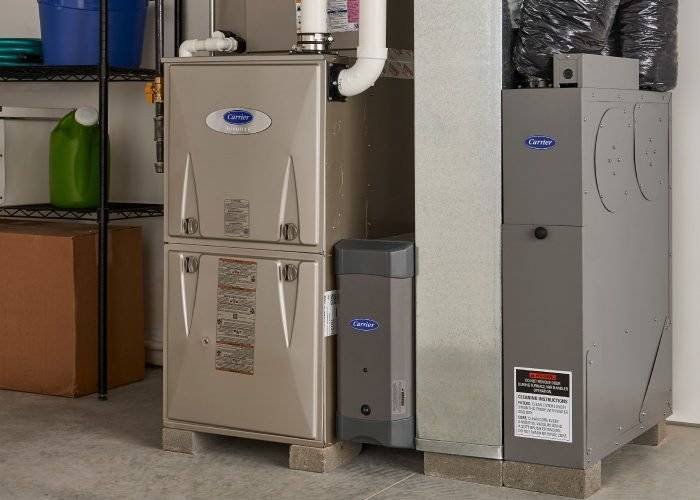
Our Work
